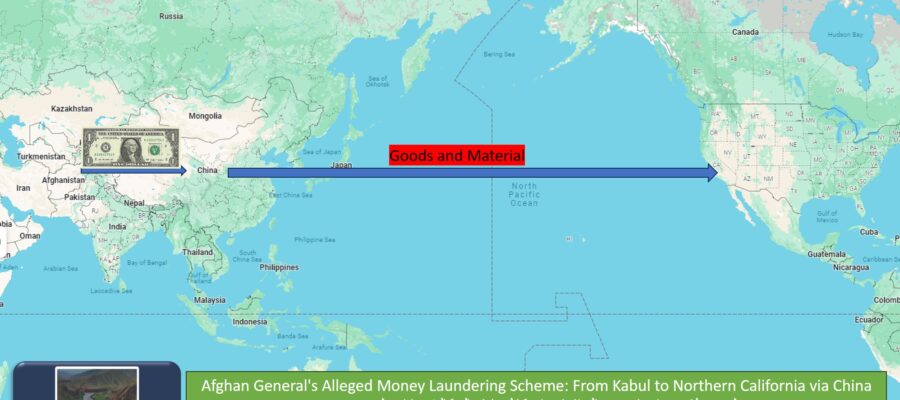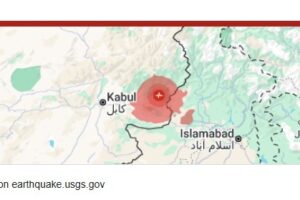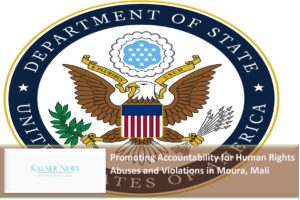This article investigates the alarming claims that a former Afghan government general, who evacuated to the United States after the fall of Kabul in 2021, is allegedly involved in a money laundering operation spanning Northern California and China. The source of this information has raised concerns about the potential illicit activities of high-ranking officials escaping the turmoil in Afghanistan and exploiting international trade routes for personal financial gains.
The aftermath of the fall of Kabul in 2021 has left a trail of chaos, displacement, and uncertainty. Among the many individuals seeking refuge in foreign lands, some are now facing accusations of engaging in criminal activities, particularly money laundering. This article delves into the case of a former Afghan government general who purportedly fled to the United States, specifically Northern California, and is allegedly involved in money laundering facilitated through China.
In August 2021, the Taliban swiftly regained control of Afghanistan, prompting a mass exodus of citizens, government officials, and military personnel. The collapse of the Afghan government left many seeking asylum in various countries, including the United States. Among those who escaped was a high-ranking general whose involvement in illicit financial activities.
According to credible sources, the accused general successfully evacuated to Northern California following the Taliban takeover. The reasons behind his departure and the circumstances of his relocation remain unclear, but the subsequent allegations of money laundering have cast a shadow over the legitimacy of his escape.
The money laundering scheme allegedly involves complex routes through China, suggesting a sophisticated operation. It is reported that the general, utilizing his connections and influence, established a network for the import and export of materials, serving as a front for illicit financial transactions. China’s role in this operation raises questions about the effectiveness of international oversight on trade routes and the ability of individuals to exploit global economic systems for personal gain.
Multiple sources have corroborated the allegations against the Afghan general, indicating that his money laundering operation involves significant sums of money. The exact mechanisms employed to launder funds are yet to be fully understood, but the complexity of the routes suggests a deliberate effort to conceal the illicit nature of the transactions.
The implications of such allegations extend beyond financial crimes. The involvement of a former high-ranking Afghan official in money laundering raises concerns about the potential compromise of national security. It prompts questions about the vetting processes in place for evacuees and the need for increased scrutiny to prevent individuals with questionable backgrounds from exploiting their newfound freedom in foreign countries.
The alleged involvement of China in facilitating the money laundering operation underscores the importance of international collaboration and oversight. Countries must work together to strengthen mechanisms that prevent the misuse of global trade routes for criminal activities. This case highlights potential loopholes in existing systems and the need for more robust measures to detect and prevent illicit financial flows.





